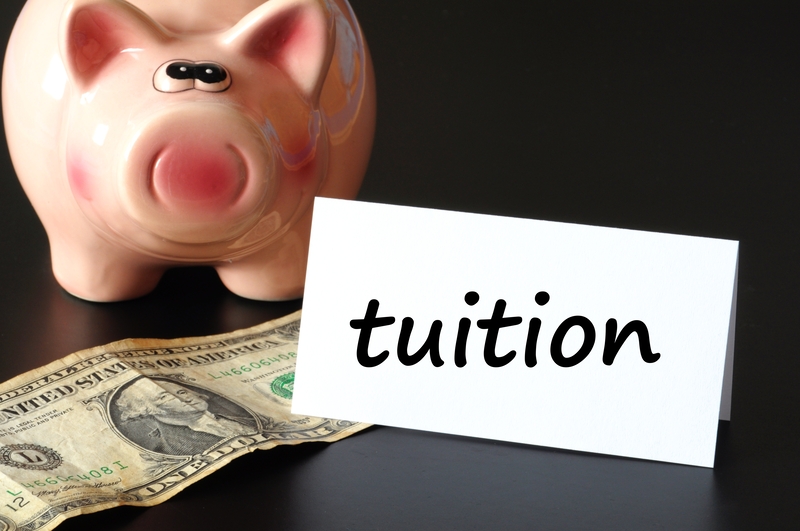America has a rising student loan debt crisis because these loans have to be repaid unlike other forms of student financial aid like scholarships that never require repayment and grants that hardly ever require to be repaid. Other factors that affect the loan repayments are how they are unevenly distributed due to race and social class as well as the disproportionately high default rate of students who did not complete their degrees when compared to those who did. The student loan program has prevailed since the 1950s and has played a very significant role in higher education when compared to other countries. If you are leaving school and want to know what types of loans are available then this article is for you.
The Best Loan For You
In the United States, there are three types of student loans that you can choose from – federal loans, private loans and refinancing loans.
- Federal loans
These are most flexible because they are provided by the government. However, not everyone is eligible to receive this type of loan because it is dependent on several factors such as your financial needs, your credit history and what year you are in school. You need to fill out an application form for Federal Student Aid or commonly known as the FAFSA form. Upon acceptance, you will be given a FSA ID that will enable you to access all of your loan information from the studentaid.gov website. However, if your details are not on this website then it means that your loan is not a federal loan and you need to recheck all of your information before you find yourself paying increased rates. The best thing about a federal loan is that it provides you with the option to apply for a loan consolidation or you can opt to sign up for an income driven repayment plan should you require one.
When you are able to receive a federal loan, you will be able to manage your debt and not take on more than is necessary.
- Private Student Loans
These are provided by banks or any other financial institutions and that is the reason why they require proof to see if you can repay the initial loan with interest should it be granted. However, if you are unable to pay it back on your own there are provisions for a co-signer (surety) who will be responsible for the repayment of the loan if you cannot afford to pay it.
- Student Refinancing
This is a viable option for a graduate with an exceptional repayment history of their current loan. A private lender can pay off your student loan(s), offer you a new payment schedule and lower your interest rates. However, if you have a federal loan and you include it in your refinancing package, then you will lose all of your federal loan protections.
Takeaway
Before making a decision on which loan option is the most adequate for your needs, it is advisable to do your research on repayment terms and conditions and to be cognizant of the interest rates because they can change drastically depending on global markets.








